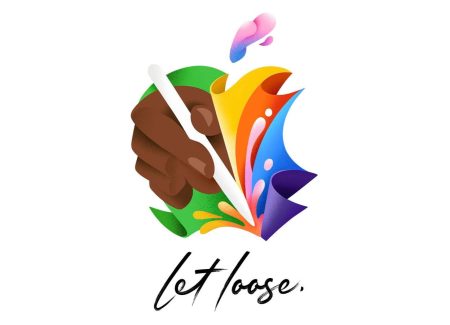In 2024, Apple’s plans to incorporate artificial intelligence (AI) into the next iPhone 16 and iPhone 16 Pro are becoming clearer. The tech giant has submitted eight large language models (LLMs) to the Hugging Face hub, which are datasets used by generative AI applications to process inputs and find solutions. These LLMs were originally built in the cloud, but there is a push to create smaller data sets that can run on mobile devices for more efficient processing.
To enable on-device AI processing, Apple is expected to optimize its next generation of Axx chips. This would allow for AI routines to take place directly on the device, eliminating the need to upload user data to the cloud. This move is not only more secure in terms of privacy but also aligns with growing concerns around AI privacy. Apple has also published a research paper detailing the techniques and rationale behind its AI implementation, including open-sourcing training data and evaluation metrics.
Apple’s AI plans have been visible in the industry through the release of research papers, even though the company has not yet publicly advertised them to consumers. This contrasts with Google, which recently launched the Pixel 8 and Pixel 8 Pro as the first smartphones with built-in AI. Apple’s emphasis on open-sourcing efficient language models and on-device processing is a signal of how the company plans to differentiate itself from other AI-powered devices. Apple is also reportedly in talks with Google about licensing Gemini to power some of the iPhone’s AI features.
One of the key advancements in AI for Apple is the development of efficient language models such as Ferret-UI, which can help understand a device’s user interface and provide various interactions. This includes features like using voice to navigate settings or describing on-screen content for users with impaired vision. By incorporating these AI capabilities into the iPhone 16 and iPhone 16 Pro, Apple aims to enhance user experience and stay competitive in the rapidly evolving smartphone market.
Overall, Apple’s integration of AI into the next iPhone models represents a significant step forward in mobile technology. By leveraging on-device processing, optimizing hardware, and releasing open-source code for efficient language models, Apple is positioning itself as a leader in AI innovation. As consumers await the release of the iPhone 16 and iPhone 16 Pro, the tech industry is buzzing with excitement over the potential impact of AI on smartphone capabilities.















